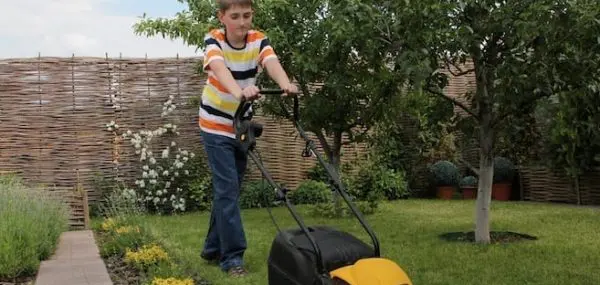School’s out for summer, and your teen’s not interested in your productive summer ideas. Instead, your teen heads straight for the TV, where they seem intent to stay for the next few months. Should you rush to intercept? Stash the TV in a closet? Throw your teenager some ultimatums?
None of the above. Instead, use these guidelines to get your teenager to transition from school to (a productive) summer, courtesy of parenting expert, Jennifer Chung.
Summer Ideas: Making a Productive Summer
Week 1—Relax (mostly). “A week is the perfect amount of time for summer decompression,” Chung says. “Have a discussion with your teen and agree to certain terms to make sure that he isn’t doing literally nothing for the whole week.” Get your teenager to help with chores and other tasks, but allow for plenty of free time, too.
Week 2 and beyond—Get off the couch. After your teenager’s week of not doing much is up, get your teenager to find some meaningful way to spend the summer. Try some of Chung’s summer vacation activities:
If your teenager is struggling academically, summer can be a great time to brush up on skills or get extra help. Make sure it’s not more than a few hours a week (it is summer, after all), and offer an incentive to sweeten the deal.
Summer Activities
Encourage your teen to pick up some extra cash with a summer job. It doesn’t need to be something fancy—babysitting or lawn mowing are perfect ways for your teen to spend the summer. Camp counseling is another option.
Suggest volunteering as a way to explore an interest and knock off some of your high school’s volunteer requirement.
On top of all that, schedule activities that get your teen out of the house, whether it’s going to the pool or playing baseball.
“It’s best to work together to plan out the summer before school even ends,” Chung notes. But it’s not too late for a productive summer if you haven’t done that. “Get your teen excited about new challenges and opportunities, as it will help curb the ‘lazy teen syndrome’ before it even starts. We all need time to decompress now and then, but teens can perpetuate it if they are not motivated to do something else.”




